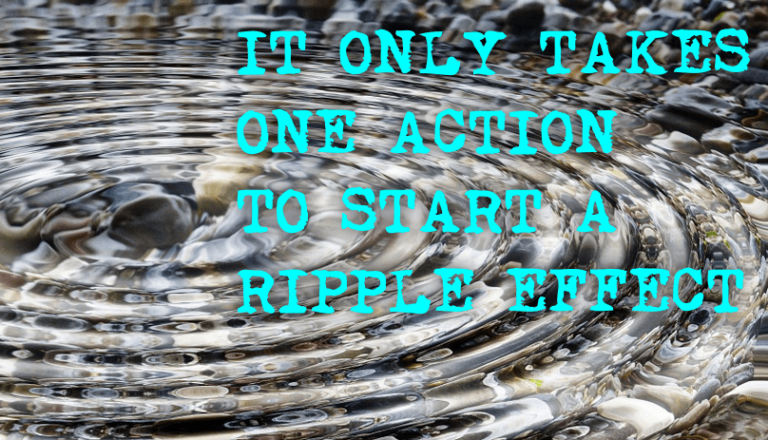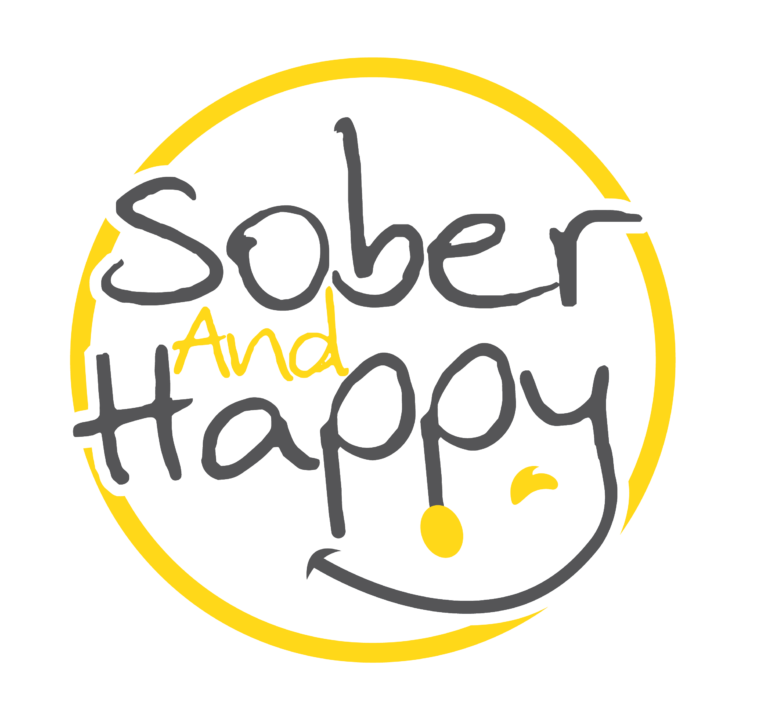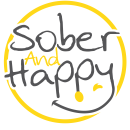

Tim Phillips
I love sharing my journey from being hopeless, to getting sober, to learning how to eventually be both sober and happy. to learning how to eventually be both sober and happy.

When we think about improving our lives, we often look for things to add. We consider buying a new car, planning vacations, or finding new hobbies. But sometimes, the greatest transformations come not from adding but from letting go of the things that hold us back. In recovery, this can be even more powerful. By releasing what no longer serves us, we open the door to a future filled with potential and happiness.
In this article, we’ll explore the impact of letting go, how to identify what’s holding us back, and the steps you can take to clear your path toward a fulfilling, sober life.
Imagine you want to make a car go faster, so you take it to a shop and get top-notch modifications. When it’s ready, you jump in, press the gas, and… nothing happens. You realize the car is still in park. This is exactly what happens when we refuse to let go of the past. We might add things to our lives, but if we’re still holding on to what limits us, we stay stuck.
The challenge? Letting go often means confronting fears and doubts. It’s easier to focus on potential losses than on the rewards that lie beyond our comfort zone. In recovery, these fears can be especially intense, as we often cling to old habits and mindsets out of familiarity.
In recovery, letting go can be more transformative than adding more to our lives. We sabotage our potential when we refuse to release harmful habits, beliefs, or people. By examining our fears, challenging our limiting stories, and focusing on the rewards of change, we open ourselves to a fulfilling and vibrant life.
If you’re ready to begin letting go, identify one area of your life where you feel stuck. Is it a habit, a belief, or a relationship that no longer serves you? Consider the cost of holding on and imagine the possibilities if you release it.
Listen to the full podcast episode for a deeper dive into these concepts and additional strategies for moving from simply being sober to truly living a sober and happy life.

I love sharing my journey from being hopeless, to getting sober, to learning how to eventually be both sober and happy. to learning how to eventually be both sober and happy.




Join our mailing list to receive the latest news and updates from our team.






Copyright © 2023 by Sober and Happy. All rights reserved.

Join our mailing list to receive the latest news and updates from our team.